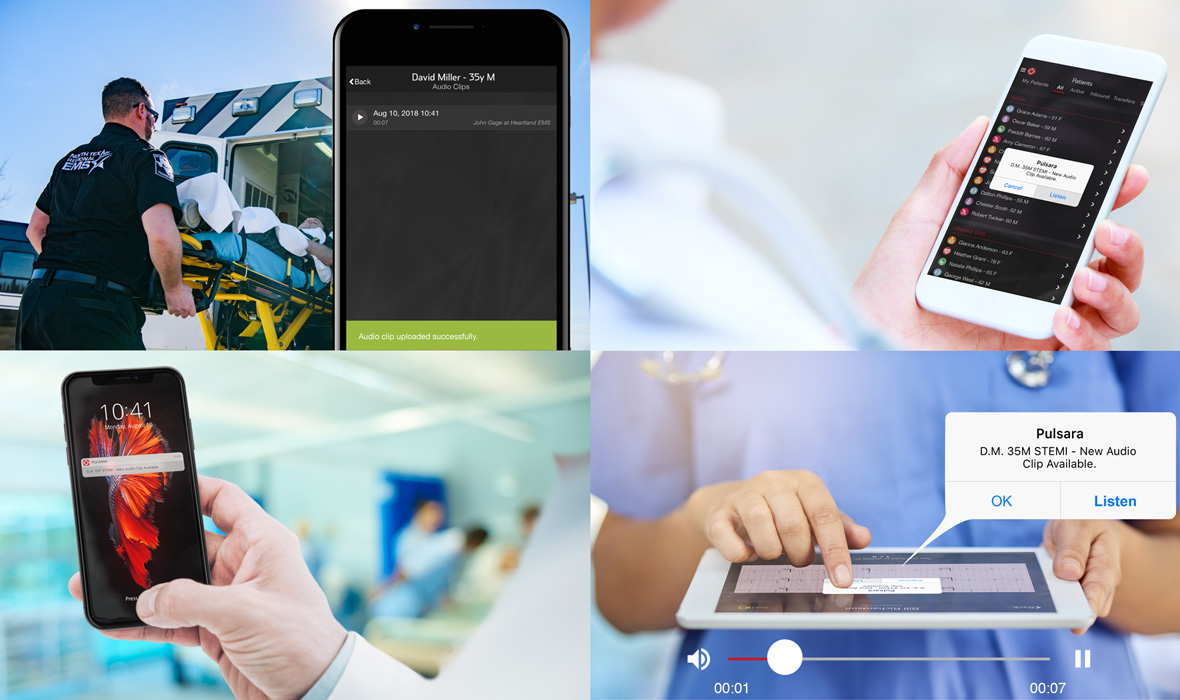Pulsara Around the World - February 2026
January Recap The start of 2026 was on the slow side for our events schedule, with our team heading to the Florida Fire & EMS Conference, the...
1 min read
 Josh Jordan
:
Mar 08, 2019
Josh Jordan
:
Mar 08, 2019

What would your life be like if one day someone came and took your smartphone away from you, never to be used again? I can tell you without a doubt, I would feel totally lost. In fact, I'd be pretty useless -- I remember very few phone numbers and even fewer email addresses! Plus, I can't even remember how we found our way to new restaurants or friend's houses in other cities before our map apps!
As Americans, we all rely very heavily on our phones, tablets, and other devices (in fact, a recent survey found that 1 in 10 millennials would rather lose a finger than never use a smartphone again). I would also be embarrassed to admit how far I have driven to retrieve my device when left somewhere. I am willing to bet you're either laughing at me or with me at this point because you have done the same! The truth of the matter is that if our mobile technology is so prevalent in our everyday lives, then why shouldn’t we leverage mobile technology to make our jobs easier too?
I would submit to you that we as a civilization are using less mobile data today than we ever will in the future. Think about that for a moment … if my assumption holds true, our reliance on and applications for mobile technology will only increase for the rest of our lives. So, we'll either need to adapt and embrace that technology, or get left in the dust -- those who are more tech savvy will get the jobs and promotions. And, hospitals that embrace mobile tech that easily connects them to EMS and other facilities will get more of the market share.
Mobile technology is the way of the future. That’s why Pulsara uses mobile data synchronously and asynchronously to unite care teams across the US and abroad. We believe IT’S ABOUT TIME to transform the medical community away from all the archaic technologies (pagers, fax machines) and unite them on one common platform -- and on a device that everyone already knows how to use.
In all my years as a medic, I have yet to see someone effectively carry around a radio or pager without also having a cellphone in the other pocket for the "real" communication. The future of healthcare communication is connected teams!

January Recap The start of 2026 was on the slow side for our events schedule, with our team heading to the Florida Fire & EMS Conference, the...

Recent research shows how Pulsara was successfully leveraged to connect more than 6,000 COVID-19 patients to monoclonal antibody infusion centers via...

At Pulsara, it's our privilege to help serve the people who serve people, and we're always excited to see what they're up to. From large-scale...